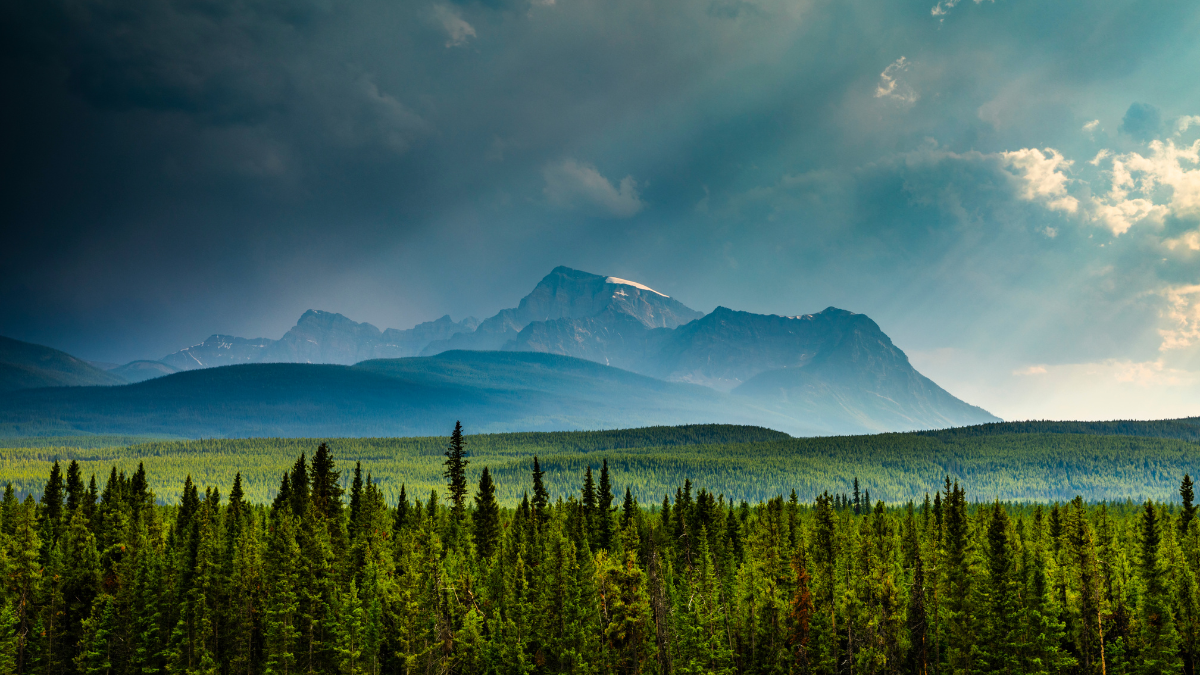The result is the Indigenous Lands and Consultation Hub, a new initiative at the Faculty of Law that brings together legal education and Indigenous knowledge in the spirit of reciprocity. The Hub connects law students with Indigenous Nations to co-develop practical tools, policy resources, and learning opportunities that support self-determination and capacity-building.
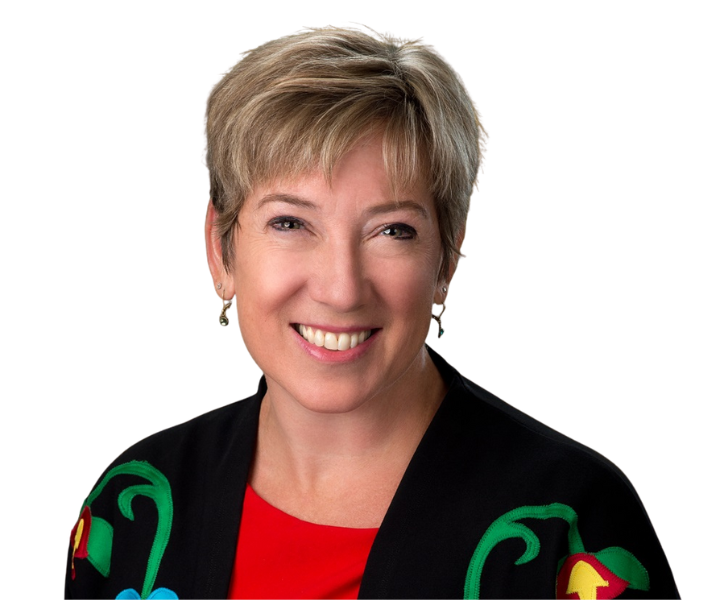
“We’re creating a place where law students can provide practical tools and policy support to First Nations who are exercising their constitutional rights.”
Cynthia Westaway
— Visiting Professor, Indigenous Lands and Consultation Hub
A Certified Specialist in Aboriginal Law and Senior Counsel at First Peoples Law LLP, Cynthia Westaway , a Visiting Professor at the Common Law Section, has spent more than two decades representing Indigenous clients in consultation, rights, Title and Treaty, governance, and economic development matters. Now, she brings that wealth of experience to her role as Visiting Professor at the Faculty of Law, where she teaches Indigenous law and negotiation-focused courses.
“Smaller Nations are often overwhelmed by consultation demands—governments, industries, and municipalities are all seeking input on projects that affect their territories. The Hub is designed to help bridge that gap, while giving students an extraordinary learning experience.”
Dean Kristen Boon, the Susan & Perry Dellelce Dean of the Common Law Section, says the Hub represents the kind of forward-looking innovation that distinguishes uOttawa’s legal education.
“The Indigenous Lands and Consultation Hub exemplifies how experiential learning can advance reconciliation. This is reconciliation in action,” says Dean Boon.
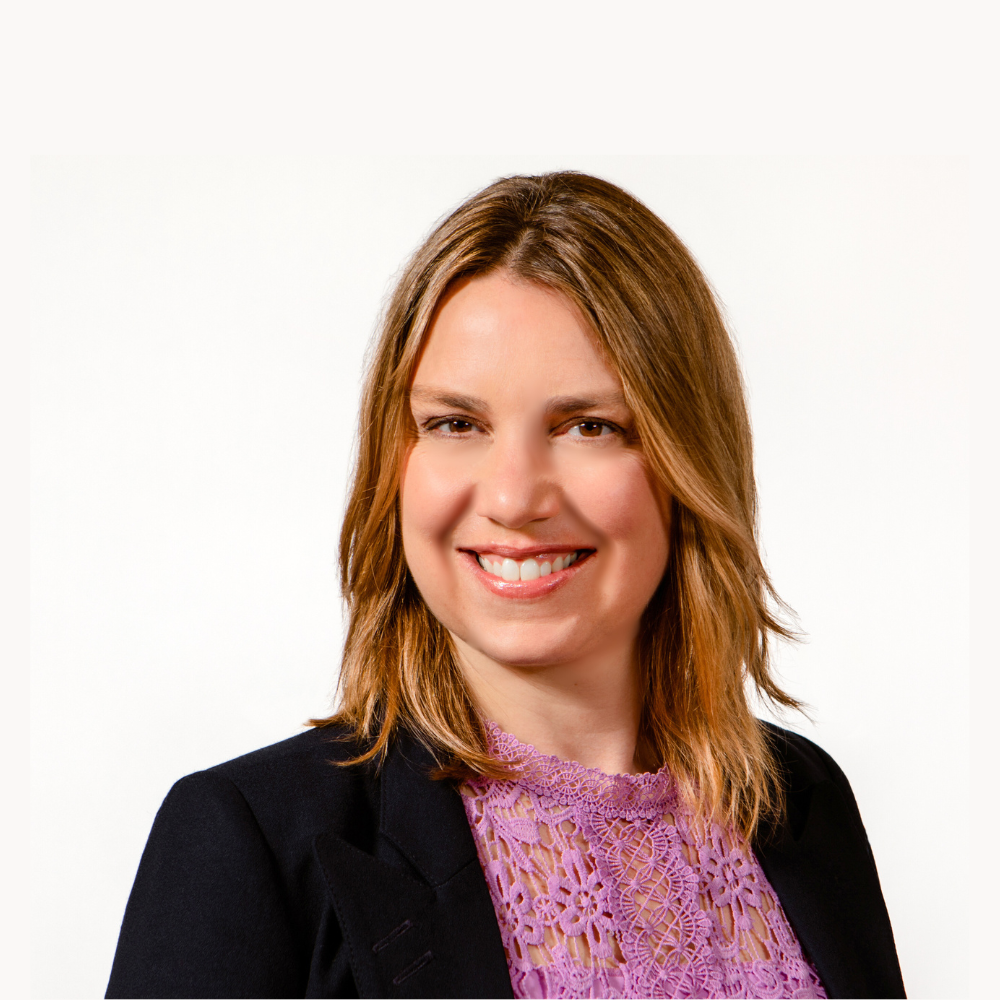
“By working directly with Indigenous communities, our students are developing the knowledge, judgment, and humility needed to lead in a rapidly changing legal landscape.”
Kristen Boon
— Susan & Perry Dellelce Dean of the Common Law Section
Operating under the umbrella of the Centre for Environmental Law and Global Sustainability and in collaboration with Ecojustice, the Hub is the first initiative of its kind to focus specifically on consultation and Indigenous land issues. It provides space for shared learning and co-created resources that reflect Indigenous priorities and perspectives.
The Hub directly supports the Truth and Reconciliation Commission’s Call to Action #28, which urges law schools to ensure graduates understand Indigenous laws, legal traditions, and relationships with the Crown. It’s work is grounded in the principles of the United Nations Declaration on the Rights of Indigenous Peoples (UNDRIP), which affirms Indigenous peoples’ rights to self-determination, lands, and resources. These principles guide both the legal research students undertake and the consultation tools they help develop.
In developing the Hub, Westaway and a small team of law students worked throughout the summer to develop foundational materials—including case law summaries, draft consultation protocols, and training tools for chiefs and lands officers. Supported by a combination of external grants and university funding, the inaugural Hub Fellows have helped build what will become a permanent, evolving resource centre.
“Over the summer, we created a big discussion paper for tribal organizations and a briefing package for new Chiefs who don’t have time to read 30-page legal papers,” Westaway explains.
“The students learned how to adapt information to different audiences—how to make it useful, clear, and accessible. That’s a skill many law students don’t get to practice in traditional courses.”
Experiential Learning in Action
The Hub’s student participants describe their experience as transformative.
“I was selected as a Fellow through the summer program, and we spent months creating practical tools for Indigenous clients,” says Beatriz Freire, 3L.
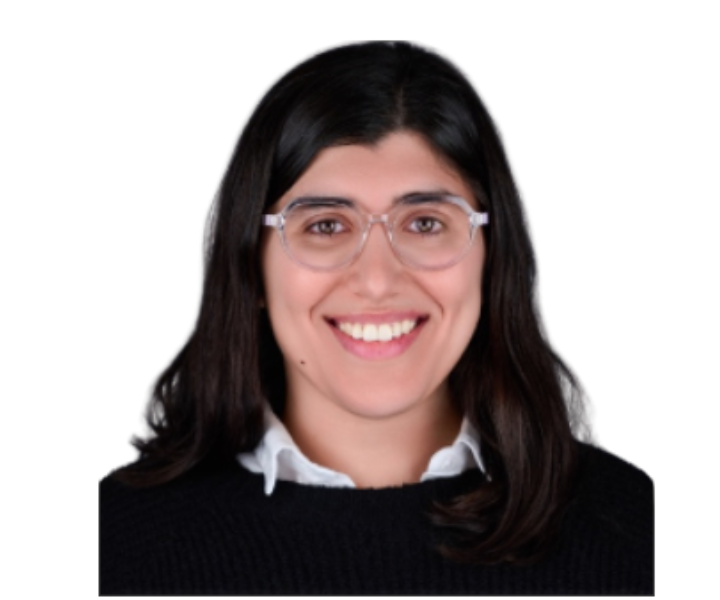
“We wrote plain-language case summaries, drafted template response letters, and researched how UNDRIP applies to consultation. It was the kind of hands-on learning that goes far beyond the classroom.”
Beatriz Freire
— 3L, English Common Law
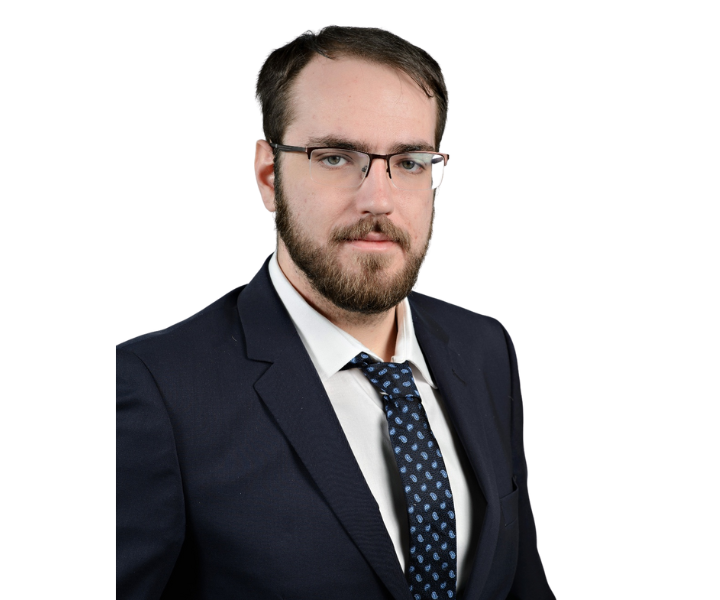
“We’re not just reading about law—we’re applying it, writing briefs, and producing resources that Indigenous Nations can actually use.”
Alexander Khaliapin
— 3L, English Common Law
Alexander Khaliapin, 3L, adds that “this course is the pinnacle of experiential learning. The feedback we get is detailed and continuous, just like in a real firm environment.”
Through the Hub, students learn to approach law through a relational lens, one that values listening, cultural humility, and mutual learning. They develop skills in research, negotiation, and communication across multiple audiences while gaining insight into how governments, industries, and communities engage in consultation. Students also explore how Indigenous legal traditions and rights shape those processes, emphasizing the importance of partnership, respect, and shared understanding.
“The students have already supported the National Aboriginal Land Managers Association and worked directly with the Chiefs of Ontario,” Westaway notes. “They’re learning about traditional knowledge protocols and the importance of Indigenous data sovereignty. They’re gaining a deeper understanding of how the law interacts with lived experience and community knowledge.”
Looking Ahead
The Indigenous Lands and Consultation Hub will continue to grow through the Access to Justice Practicum: Consultation and Indigenous Legal Issues course (CML2179). Students enrolled in this clinical course will take on new cases, expand resource materials, and support ongoing training for First Nations leadership.
The Hub will also contribute to the Sustainability and Indigenous Rights Conference (November 26–27, 2025), a major event organized by the Centre for Environmental Law and Global Sustainability. Co-chaired by Westaway and Josh Ginsberg, Director of the Ecojustice Environmental Law Clinic, the conference will bring together legal experts, Indigenous leaders, and students to discuss pressing issues of consultation, climate change, and Indigenous rights.
“We see the Hub as a living, evolving space,” says Westaway. “It will grow as the law evolves, and as students bring new ideas and energy. It’s designed to be sustainable, collaborative, and responsive to the needs of both Indigenous partners and future lawyers.”
The Indigenous Lands and Consultation Hub continues to take shape as part of the Faculty’s growing suite of experiential learning programs. More than a project, it is a shared space, one grounded in reciprocity, respect, and the ongoing relationship between Indigenous Nations and the legal community. It is a space where learning flows both ways, and where reconciliation moves from principle to practice.
